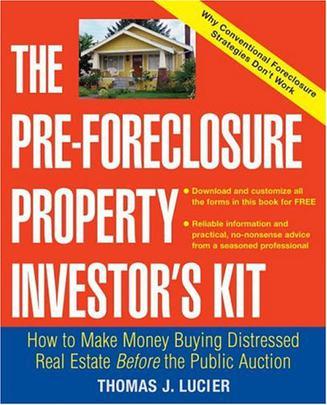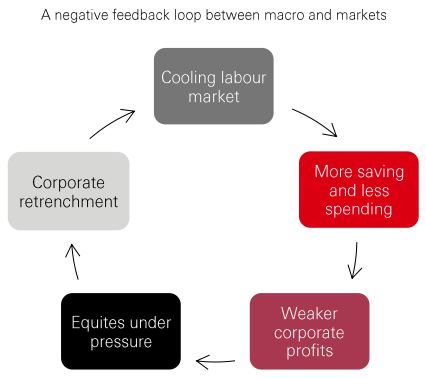Understanding Hard Money Loan Terms: A Comprehensive Guide for Real Estate Investors
#### What Are Hard Money Loan Terms?Hard money loan terms refer to the specific conditions and stipulations associated with hard money loans, which are shor……
#### What Are Hard Money Loan Terms?
Hard money loan terms refer to the specific conditions and stipulations associated with hard money loans, which are short-term loans secured by real estate assets. Unlike traditional loans, hard money loans are typically issued by private lenders or investment groups, and their terms can vary significantly based on the lender's criteria and the borrower's needs.
#### Key Features of Hard Money Loan Terms
The primary features of hard money loan terms include the loan amount, interest rate, repayment period, and the collateral required. Typically, hard money loans are characterized by higher interest rates compared to conventional mortgages, often ranging from 8% to 15%. This is due to the increased risk that lenders take on. The loan amount is usually based on the property's value, with lenders often providing up to 70-80% of the property's after-repair value (ARV).
#### Repayment Period and Fees

The repayment period for hard money loans is generally shorter than traditional loans, often lasting from six months to three years. This short duration is designed for investors who plan to quickly renovate and sell properties (a strategy known as "flipping"). Additionally, borrowers should be aware of various fees associated with hard money loans, including origination fees, appraisal fees, and closing costs, which can add to the overall expense of the loan.
#### Advantages of Hard Money Loan Terms
One of the main advantages of hard money loan terms is the speed at which funds can be secured. Traditional loans can take weeks or even months to process, while hard money loans can often be approved in a matter of days. This quick turnaround is particularly beneficial for real estate investors looking to seize time-sensitive opportunities. Furthermore, hard money loans are often less stringent in terms of credit requirements, making them accessible to borrowers who may not qualify for traditional financing.
#### Disadvantages of Hard Money Loan Terms
Despite their advantages, hard money loan terms also come with significant drawbacks. The high-interest rates and fees can lead to substantial financial burdens, especially if the property does not sell as quickly as anticipated. Additionally, the short repayment period can create pressure on borrowers to complete their projects and sell the property before the loan comes due. Failure to do so can result in foreclosure, as the lender holds the collateral.
#### When to Consider Hard Money Loan Terms
Investors should consider hard money loan terms when they need quick access to capital for real estate investments, particularly in competitive markets where speed is essential. These loans are ideal for those looking to renovate and sell properties quickly or for individuals facing time-sensitive financial situations. However, it’s crucial for borrowers to conduct thorough due diligence and understand the risks involved before committing to a hard money loan.
#### Conclusion

In summary, understanding hard money loan terms is essential for anyone looking to invest in real estate. While these loans offer quick funding and fewer restrictions, the associated costs and risks must be carefully weighed. By being informed about the terms and conditions, borrowers can make better financial decisions that align with their investment goals. Whether you are a seasoned investor or a newcomer to the real estate market, knowing the ins and outs of hard money loans can be a valuable asset in your financial toolkit.
